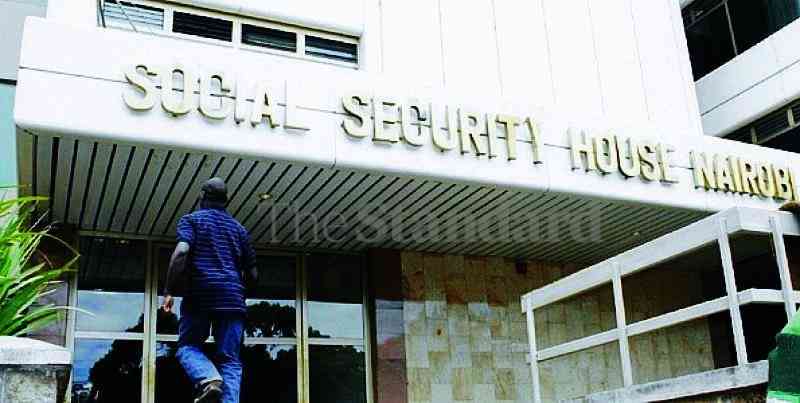×
The Standard e-Paper
Stay Informed, Even Offline

The National Social Security Fund (NSSF) said it will challenge the High Court ruling that stopped its bid to increase monthly contributions from the current Sh200.
President William Ruto said he has agreed with the NSSF management and board to go back to the courts and push for increased compulsory monthly contributions towards retirement.







